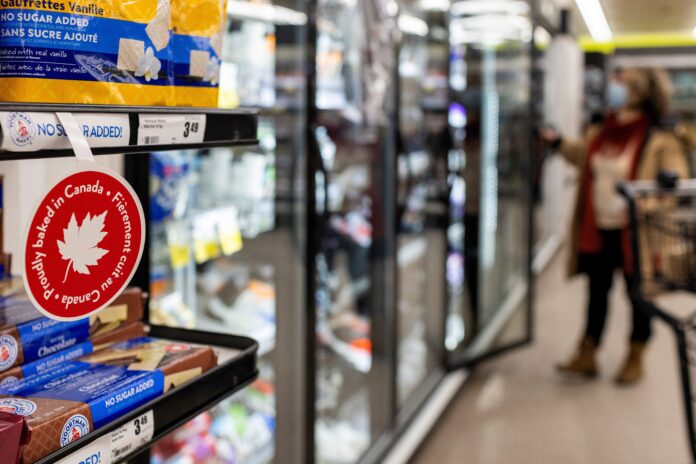Canada’s retail sales fell 1.1% in May as consumers reduced spending on cars, food, and alcohol, according to data released on Thursday by Statistics Canada.
The decline followed two months of steady performance and came as the effects of U.S. tariffs began to weigh on shoppers.
Sales at motor vehicle and parts dealers dropped 3.6%, the biggest fall among sectors, with new car dealer sales down 4.6%, marking their first decline since February. Overall retail sales in volume terms also fell 1.4% in May.
Sales excluding autos decreased 0.2%. The food and beverage category, which makes up about 18% of total retail sales, declined by 1.2%, led by lower spending at convenience stores and on beer, wine, and liquor.
The report showed that 32% of retailers were affected by trade tensions in May, down from 36% in April. Businesses cited price increases, changes in product demand, and higher costs for materials, shipping, and labour.
Retail sales had previously remained strong as consumers brought forward purchases in anticipation of tariffs introduced by the United States and Canada’s countermeasures.
Despite the decline in May, a preliminary estimate suggests sales rose by 1.6% in June, though the figure is subject to revision.
The building materials and garden supplies sector saw a 1.9% increase in May after falling in April.
The Bank of Canada is expected to announce its rate decision next week. Most economists believe borrowing costs will remain unchanged for now, but further rate cuts may be needed if economic conditions do not improve.




